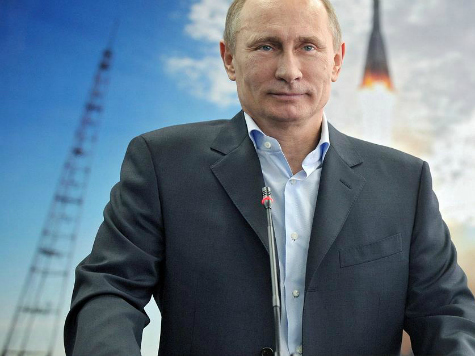
As diplomacy between Russia and Ukraine deteriorates and neighboring countries continue to depend almost exclusively on Russia for oil and natural gas, UK Energy Secretary Ed Davey is calling for the G7 to intervene and limit the economic power Russia wields over Eurasian countries via its vast energy reserves.
According to Reuters, Davey plans to use the next G7 meeting to urge the group to intervene on behalf of smaller countries that would like a future independent from Russia but that depend on the nation for heat and energy. “It can’t be right for Russia to hold individual countries to ransom,” he said, in comments to the UK Times. He intends to encourage G7 countries with potential oil to sell to help diversify the market for countries in Europe that rely heavily on Russia for their oil, including the United States. He even noted that Japan’s nuclear boon could help remove pressure from countries that need Russia’s fuels to survive harsh winters.
Russia provides about one third of the European Union’s oil and gas, and Ukraine’s need for fuel is widely considered the trigger that sparked last winter’s overturning of the government, as Russia threatened to withhold fuel before the beginning of winter if Ukraine signed a trade deal with the EU. With tensions increasing, Russian energy conglomerate Gazprom is threatening to raise fuel prices for Ukraine once more this month. In March, the corporation threatened to halt sales to Ukraine completely.
Secretary Davey’s sentiment against Russia is increasingly prominent in countries nearer to Russia and more dependent on Russian energy. In an article in the Financial Times Monday, Polish Prime Minister Donald Tusk proposed a union of European countries specifically to prevent dependence on Russian energy. “Regardless of how the stand-off over Ukraine develops, one lesson is clear: excessive dependence on Russian energy makes Europe weak,” he wrote. European countries, he further argued, needed to work together to prevent Russia from amassing power over them individually.
A Bloomberg Businessweek column this week argues that Europe has a long way to go before constructing a viable alternative energy policy at the exclusion of Russia. Gas prices, it notes, would have to double for the global market to become interested in investing sufficiently to offset the lack of Russian gas.

COMMENTS
Please let us know if you're having issues with commenting.